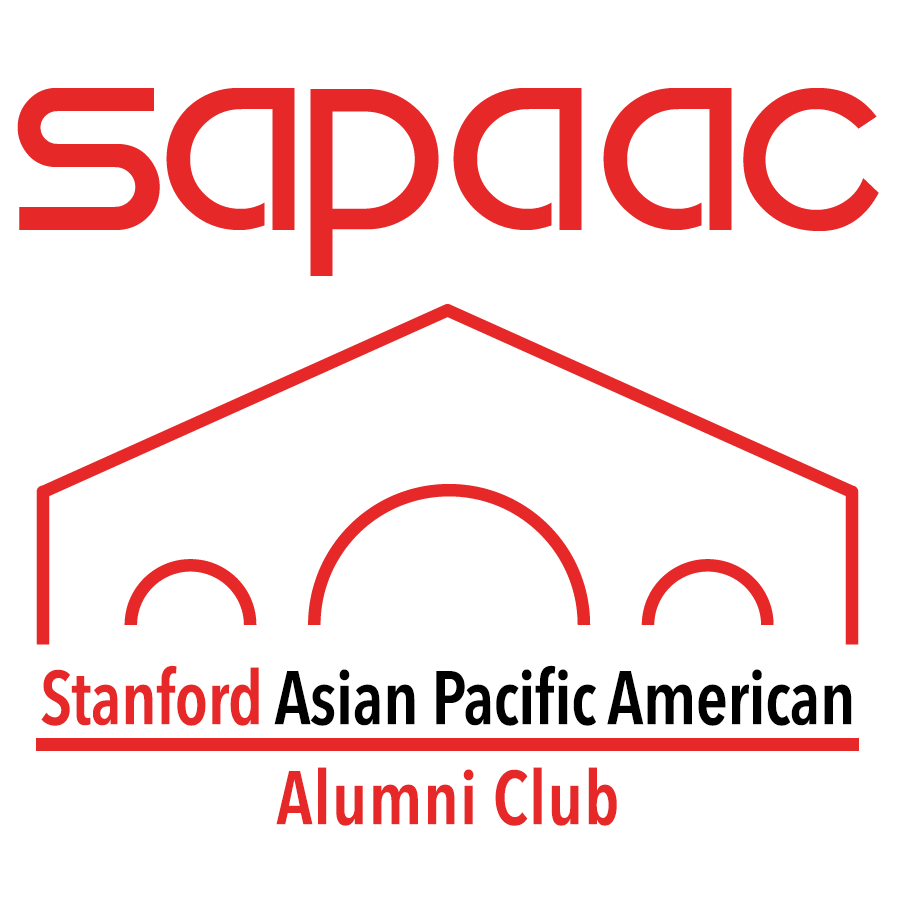Tune in to issues around the nation, and get updates about activism on the Stanford campus! Our monthly newsletter highlights developments in politics, Stanford activism, current events, and culture/entertainment that are of interest to the Asian American & Pacific Islander community.
Part 1. Asian Americans in the 2016 Election
Part 2. Activism on the Farm
Part 3. History & Current Events
Part 4. Culture & Entertainment
Political Action on the Farm: Hundreds of Stanford students walked out of class to protest the incoming Trump administration's policies, calling for Stanford to make itself a "sanctuary" campus. (Linda A. Cicero / Stanford News Service)
1. Asian Americans in the 2016 Election
President-elect Donald Trump has nominated a number of Asian Americans to serve in his administration. The highest-profile is Taiwan-born Elaine Chao for Secretary of Transportation. She is a former Secretary of Labor. South Carolina Governor Nikki Haley, whose parents immigrated from India, will serve as Ambassador to the United Nations. Two new Asian Americans were elected to the Senate: Kamala Harris (California), with Indian and Jamaican ancestry, and Tammy Duckworth (Illinois), whose mother is Thai-Chinese. Duckworth’s opponent had mocked her Asian heritage during the campaign.
The first Vietnamese American woman, Stephanie Murphy (Florida) and the first Indian American woman, Pramila Jayapal (Washington), join the House of Representatives. With the further addition of male Indian American representatives Raja Krishnamoorthi (Illinois) and Ro Khanna (California), the number of API members of Congress rises to 18, according to the Congressional Asian Pacific American Caucus (CAPAC).
II. Activism on the Farm
The announcement that the Stanford Band will be shuttered and subject to administrative reforms has provoked a massive outcry from students and alumni.
Massive Campus Walkout: More than 500 Stanford University students, faculty and staff members walked out to protest the divisive policies of president-elect Donald Trump. They gave speeches at White Plaza and marched across the campus. The walkout had the university’s “full support,” according to the San Francisco Chronicle. An organizer with the Stanford Asian-American Activism Committee, Yeji Jung, stated the event’s goals, as reported by Inside Higher Ed: “We’re calling for our university to proactively support and protect the communities most directly affected by a Trump administration and a Trump-emboldened national population. This means undocumented, Jewish, Latinx, Muslim, Southeast Asian, Native, black, disabled and queer/trans communities.”
Student groups, including Stanford Asian American Activism Committee, the Black Student Union, and Stanford Students for Queer Liberation, organized the walk-out. In an open letter to President Marc Tessier-Lavigne and Provost John Etchemendy, they asked the university to develop a protocol of making Stanford a “sanctuary campus” and requested that administrators “denounce” any “bigotry, hatred, prejudice and fear-mongering on campus.”
Stanford Band Iced: The university has shuttered the Stanford Band through Spring 2017 and plans to end the organization’s student-run, student-led structure. As a symbol of Stanford’s spirit of freedom, the Leland Stanford Jr. University Marching Band (LSJUMB) has been a constant presence celebrating student life on campus and performing irreverent shows off campus. For more information, consult the Band’s statement, the Stanford Daily’s editorial “Stanford should not prioritize its image over its students,” the University’s official notice of suspension, and further coverage from the Stanford Review.
Sexual Assault Lawsuit Against University: A female graduate student has filed a civil lawsuit against Stanford for allegedly mishandling sexual assault cases, which allowed the same perpetrator to victimize multiple women on campus. See more coverage in Palo Alto Weekly and the University’s response to the suit. The survivor of a separate sexual assault case at Stanford was named Glamour magazine’s “Woman of the Year” for a powerful open letter she wrote to her assailant.
III. Current Events & History
Japanese-American boys at an American internment camp during World War II. (Source: National Archives via Slate)
Calls for a “Muslim registry” have been compared to the federal government forcing Americans of Japanese ancestry into internment camps during World War II. Read a summary by an Asian American activist and gain an in-depth look from Japanese American scholars studying the internment camps. Along these lines, professional groups such as the American Institute of Architects are debating how far they should go in accommodating the new Trump administration, versus resisting policies that contravene its ethics.
The Washington Post discusses Ellen Wu’s book “The Color of Success,” which unpacks the history of Asian Americans in the United States, the genesis of the model minority stereotype, and its geopolitical usefulness. The Economist reviews “The Other One Percent: Indians in America” by Sanjoy Chakravorty, Devesh Kapur and Nirvikar Singh, arguing that “America needs to consider what it might lose if it curbs the influx of clever, hard-working, entrepreneurial Indian immigrants.”
IV. Culture & Entertainment
Disney's new film "Moana" features a Pacific Island chief's daughter and the demigod Maui, from Polynesian culture. (Disney)
Michelle Yeoh of “Crouching Tiger, Hidden Dragon” fame stars as a Starfleet captain in the newest Star Trek TV series, out in May 2017. Oscar-winning film “Spirited Away” by Hayao Miyazaki, celebrates its 15th anniversary with a re-release in American theatres. The popular animated film “Moana” features the first Disney protagonist of Pacific Islander/Polynesian origin.
The Broadway show “Allegiance,” based on George Takei’s childhood experience as a Japanese American in an internment camp, is simulcast in theatres on December 13. The “moving and uplifting story of love, war, and heroism” follows the Kimura family “as they are relocated from their farm in Salinas, California to the Heart Mountain internment camp in the rural plains of Wyoming.”
Sammy Lee, the first Asian American man to win an Olympic gold medal has passed away. A trailblazing diver of Korean descent, he persevered in the face of discrimination commonplace then in America. The creator of General Tso’s chicken, a dish that became extremely popular in America, died at the age of 98. Taiwanese chef, Peng Chang-kuei, first invented the dish in 1955, which he and other chefs later brought to America and transformed into an iconic Chinese restaurant favorite.




